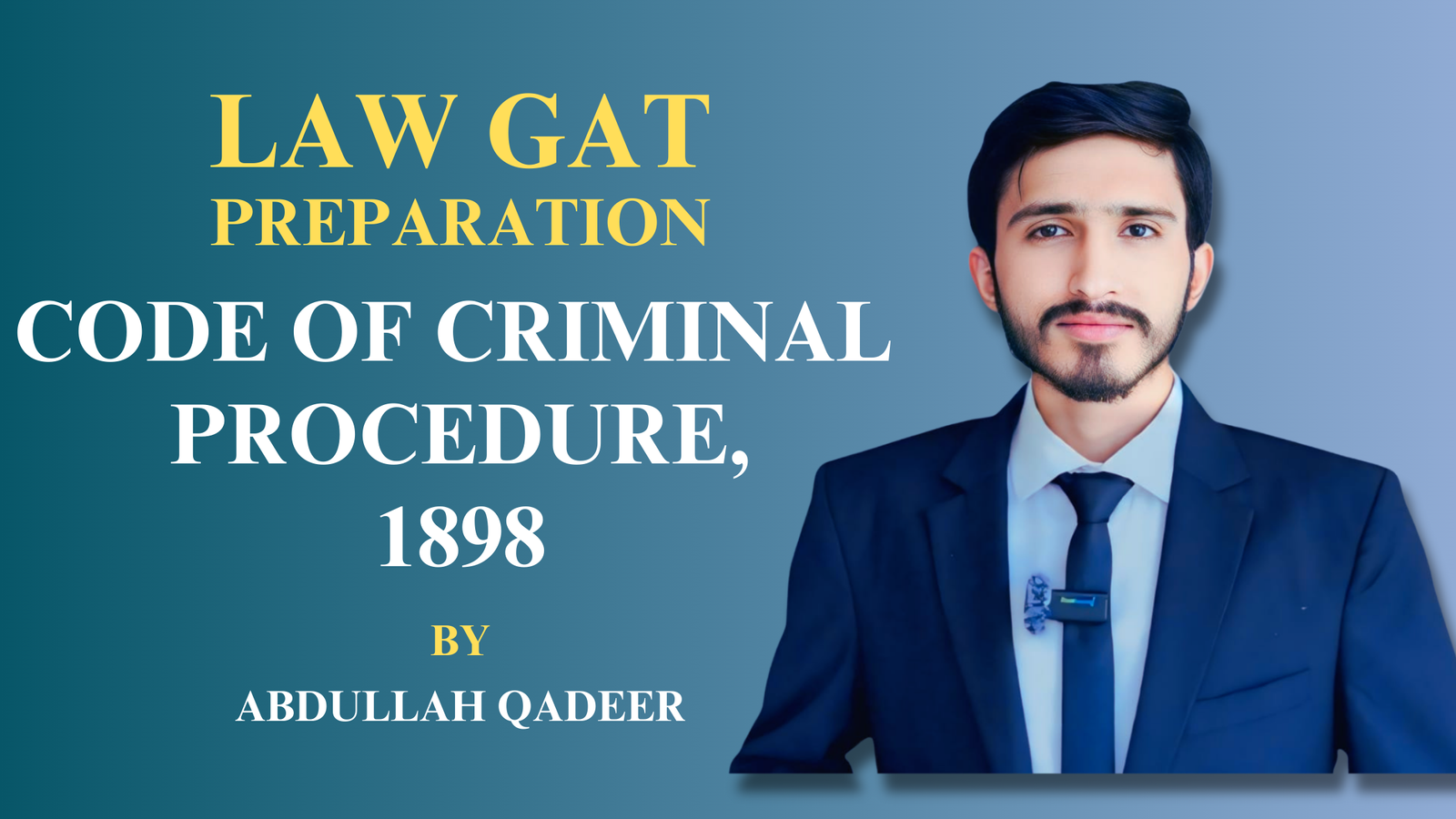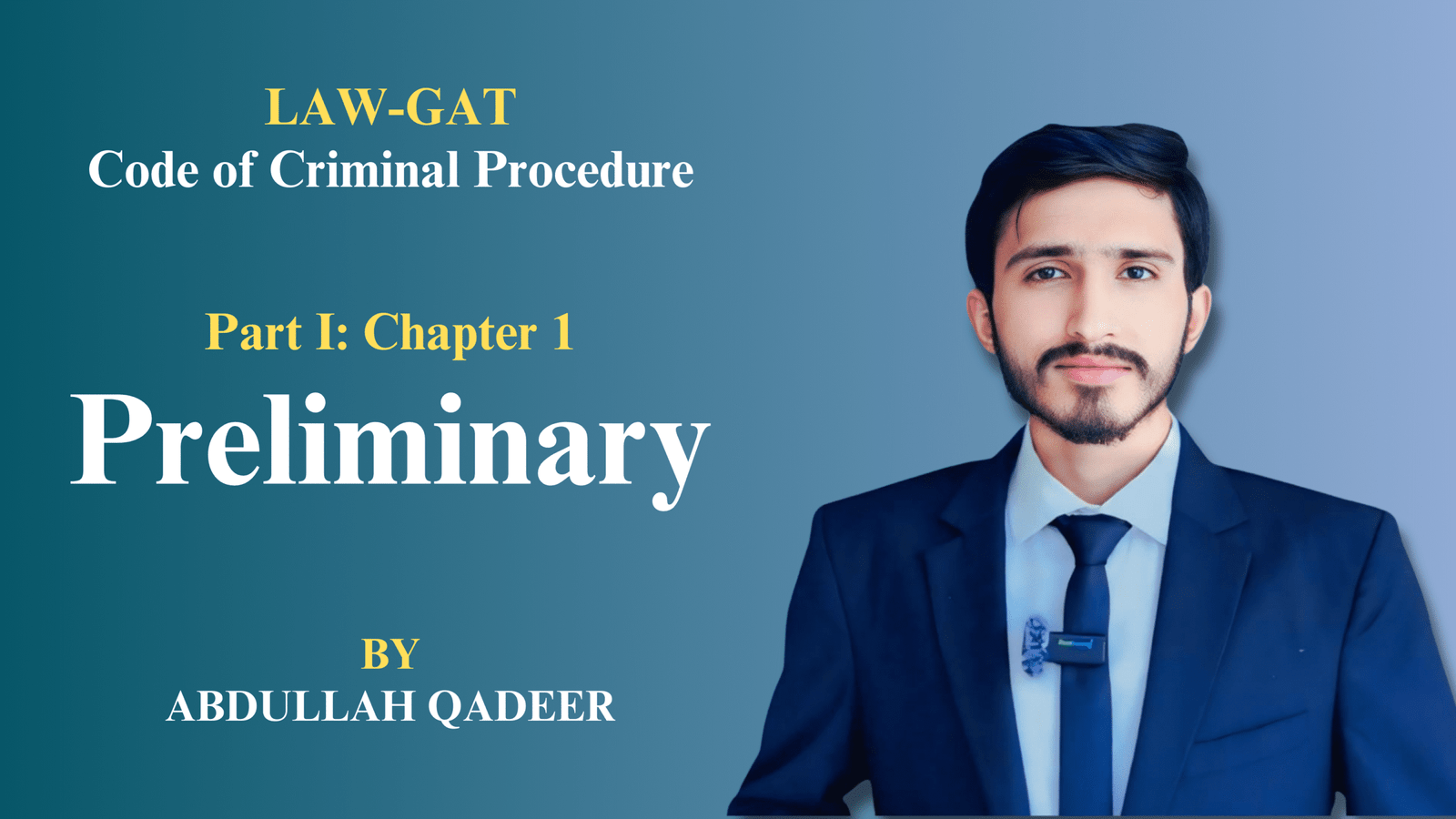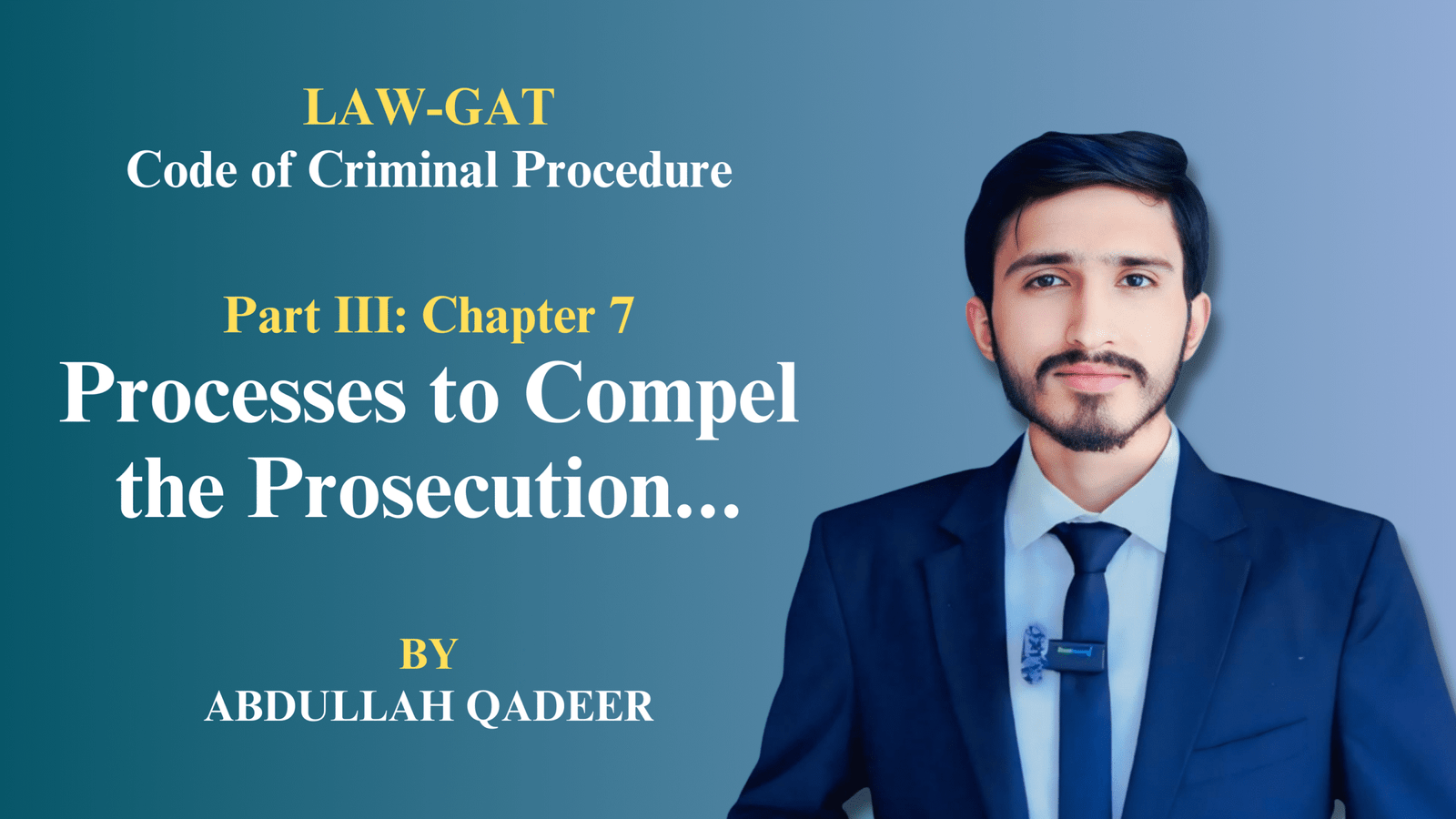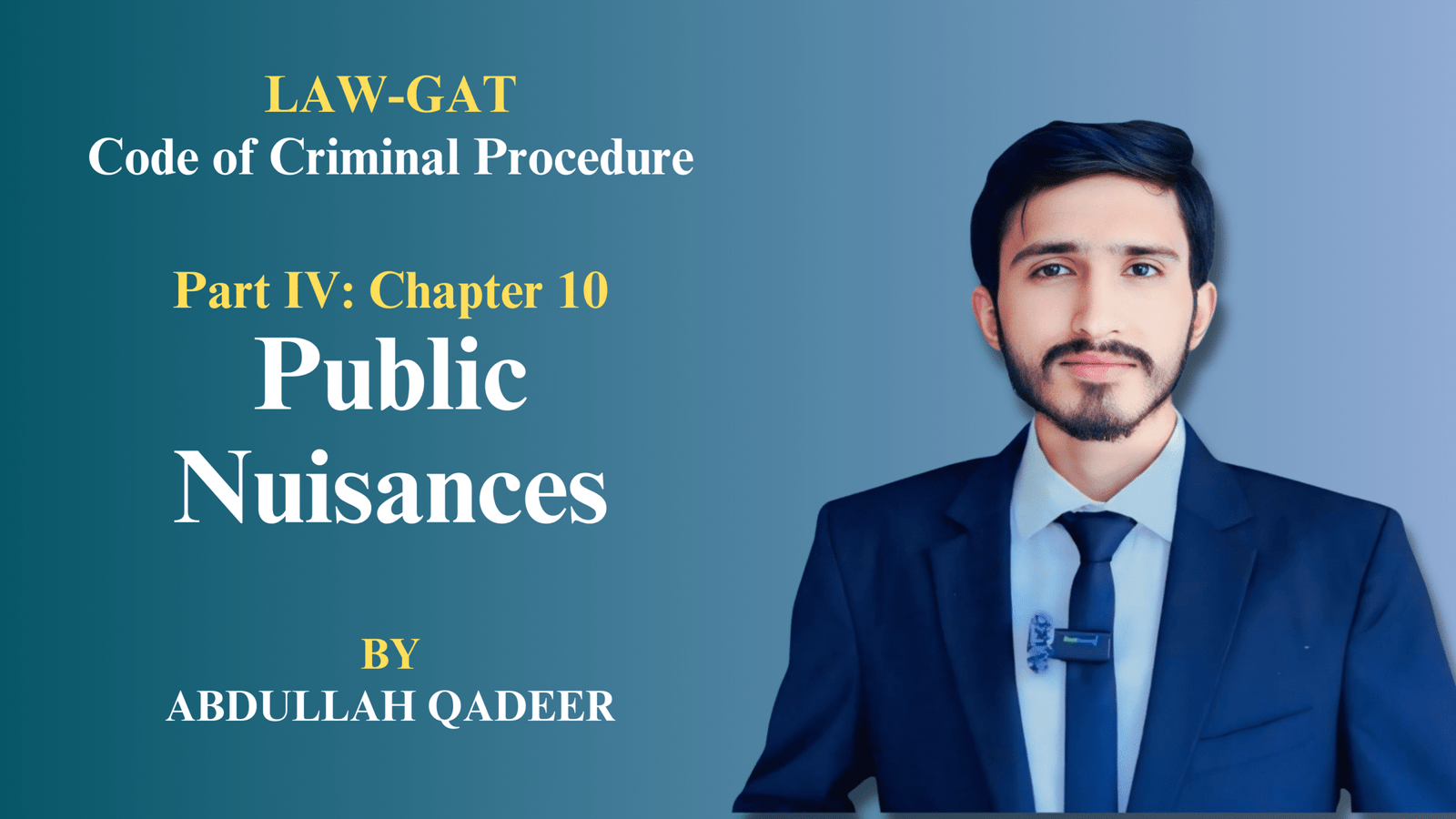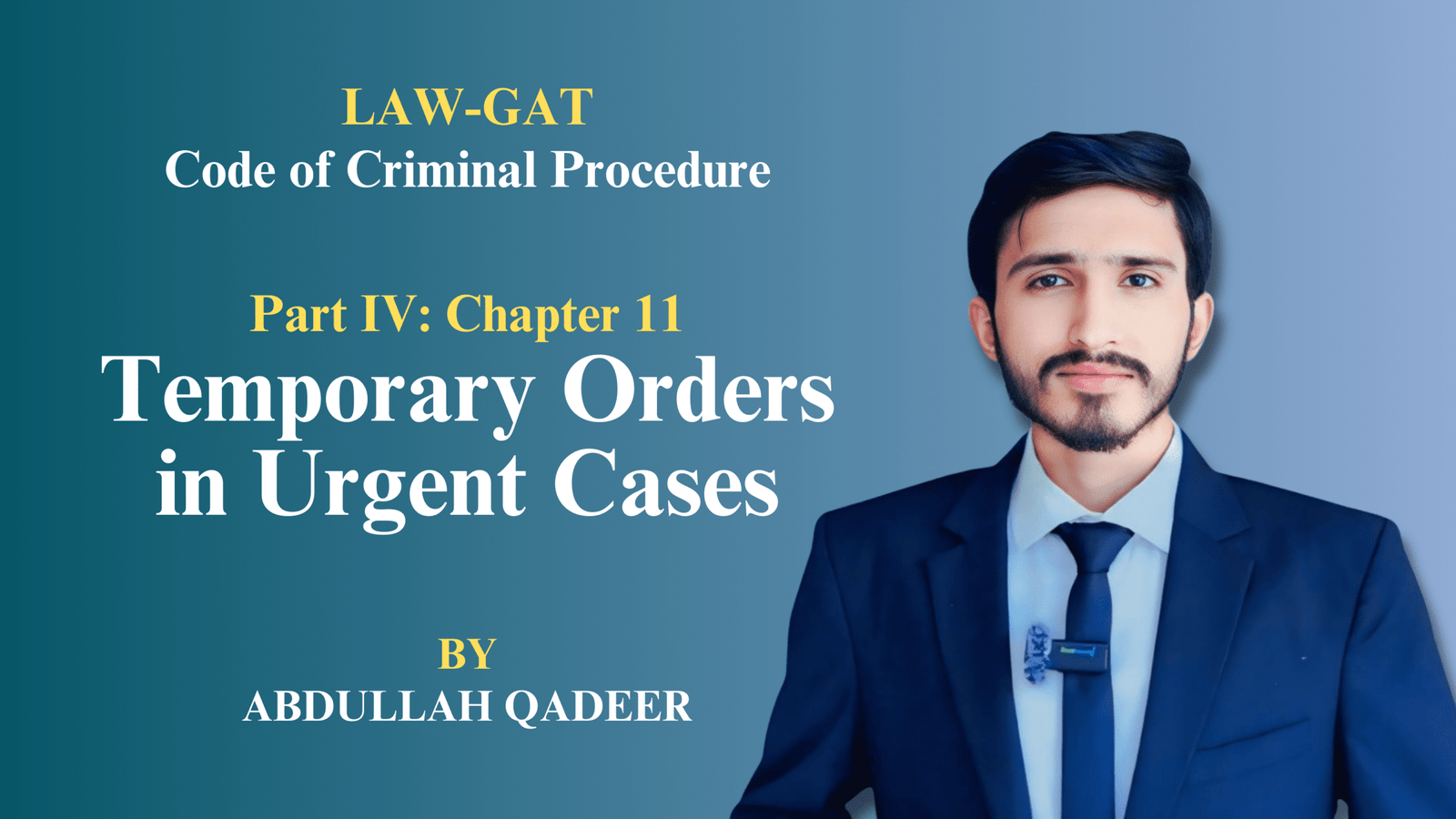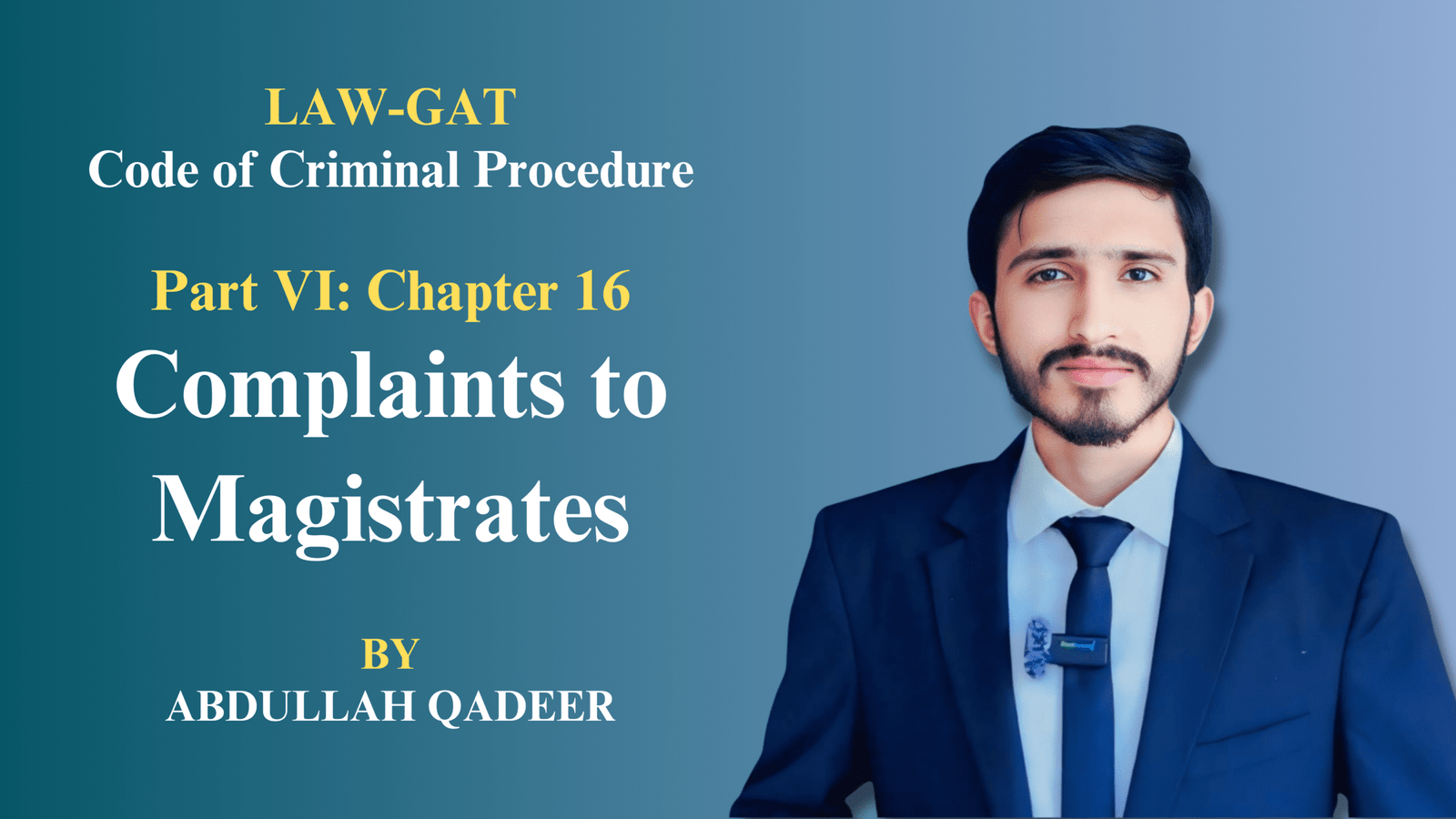The Code of Criminal Procedure, 1898
Introduction The Code of Criminal Procedure, 1898 (CrPC), is a pivotal legal framework that governs the procedural aspects of criminal law in Pakistan. Enacted during the British colonial era, the CrPC provides detailed guidelines for the administration of criminal justice, from the initiation of criminal proceedings to the execution of sentences. For students preparing for … Read more

